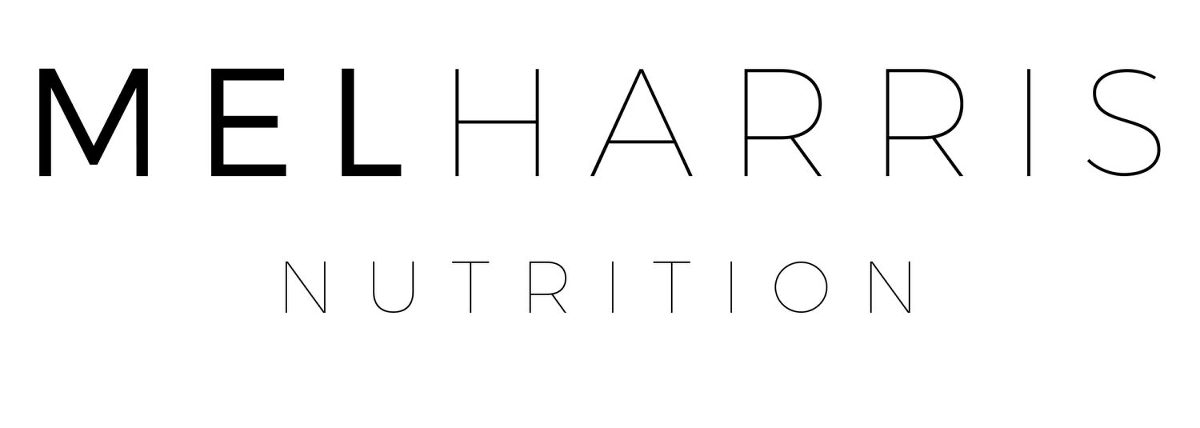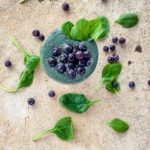Nine weeks of 2019 have come and gone, NINE. WEEKS! And you are still in the same place. You wonder what happened to January 1st (and all those good intentions that went with it).
Intentions don’t change us. Actions change us. Small daily choices that add up over time and make us better.

News Flash.
We don’t magically change from December 31st to Jan 1st. But the media loves to bombard our mind with the idea that a new year brings weight loss, fad diets, a new shake, a new workout, lots of counting ALL. THE. THINGS. (I’m not buying it, here is why you shouldn’t either.)
Looking a certain way doesn’t directly make you feel a certain way. The dieting industry makes 67 billion dollars a year by convincing you that you aren’t good enough. Think about it logically for a second. Falling victim to the diet industry is equivalent to the following scenario. A kid on the playground tells you that you are ugly. So you turn around and give him your lunch money as a reward for telling you that you aren’t good enough.
Here’s my top evidenced-based reasons for no more dieting
Spoiler alert!
Diets are not sustainable.
Sure in the short term you will get results, but do you see yourself living that way/eating that way/restricting that way FOREVER?
(I feel like the kid on sandlot FOOOOORRRREEEVVVVVVEEERRR- to all my 90’s lovers out there)
In fact, research suggests (and I’m all about RESEARCH) that 95% of people who diet end up gaining the weight back they lost. And of that 95% around two thirds will gain back more weight than where they started (Say, what?!?). Even
Diets make our bodies go into starvation mode.
The good news is our bodies are wired for survival. Very restrictive and exclusive dieting is a form of starvation. Again for the people in the back… DIETING IS A FORM OF STARVATION.
Our bodies didn’t get the memo that we no longer have to “hunt” for food. When we diet, we tell our bodies that we are starving. So our bodies do what they do best, compensate to keep us alive. Our metabolism lowers, we hold onto fat and we shut down non-essential systems like our reproductive systems (Hello hormone issues). Every time you diet it makes it harder and harder to lose weight because our body holds onto fat stores to keep you alive.
Diets lead to binging.
Yes, binging can be emotional, but there is more to the picture. Binging can be a biological reaction to deprivation. Our bodies release chemicals (called neuropeptides) to make you think about food in response to feeling starved. Glucose (think carbohydrates) are your brain’s preferred source of fuel (think of it as putting gas in your tank). When we aren’t getting enough, a little guy called neuropeptide Y is sent from your brain which in turn increases your motivation to eat, tells you aren’t full, and stimulates food intake with a preference for carbohydrates. So you may think your binging is an issue of self-control when it’s literally a chemical survival mechanism to keep your body alive and balanced.
Diets can cause obsession over food.
Most people think they have a default because they think about food ALL. THE. TIME. But our bodies tell our brain to do this naturally when we diet as a reaction to restriction. Your body wants more fuel (gas tank is empty) so you are preoccupied because you are hungry. You, on the other hand, interpret this obsession of food as a fault of your own. Thinking you aren’t good enough, strong enough, disciplined enough to see it through. When in reality your body and brain is just simply “outsmarting” you.
Diets can INCREASE cravings.
When a certain food becomes taboo (think chocolate cake) your brain registers chocolate cake as even more pleasurable than if you never labeled it is “bad.” When studied the reward/pleasure centers in our brain light up more in response to a food that has been previously restricted. It’s like putting someone in a room and saying “don’t press the red button.” Most of us just want to or do press the button. Same idea with food. If you repeatedly tell yourself a certain food or type of food is “bad” then you begin to think about and crave that food.
We try, we fail, we get discouraged and we overindulge. Then, not only do we physically damage our bodies from dieting, we damage our psyche. You don’t have to have a severe eating disorder to have disordered eating patterns. Do you feel guilt around food? Do you beat yourself up for enjoying a dinner out with friends? Or maybe you abstain from social events in order to “stay on track”? These thoughts are ALL disordered eating thoughts. They are not healthy and do not move you forward. If you answered yes to any of these questions then it may be time to seek outside help. One option is working with a registered dietician (like me!) I’m always up for a chat.
Mel Harris Nutrition is meant to be a community. I want to know what you’re thinking. Also if you haven’t already, head over to my Instagram and Facebook start a conversation with me.
**Disclaimer: I do believe in therapeutic diets as a form of functional nutrition therapy to aid in the treatment and prevention of disease and food sensitivities/allergies. If you feel that you need help with any food restrictions you have due to disease or food sensitivities please email me. I can help you navigate that.
Sources
https://www.ncbi.nlm.nih.gov/pubmed/17469900















